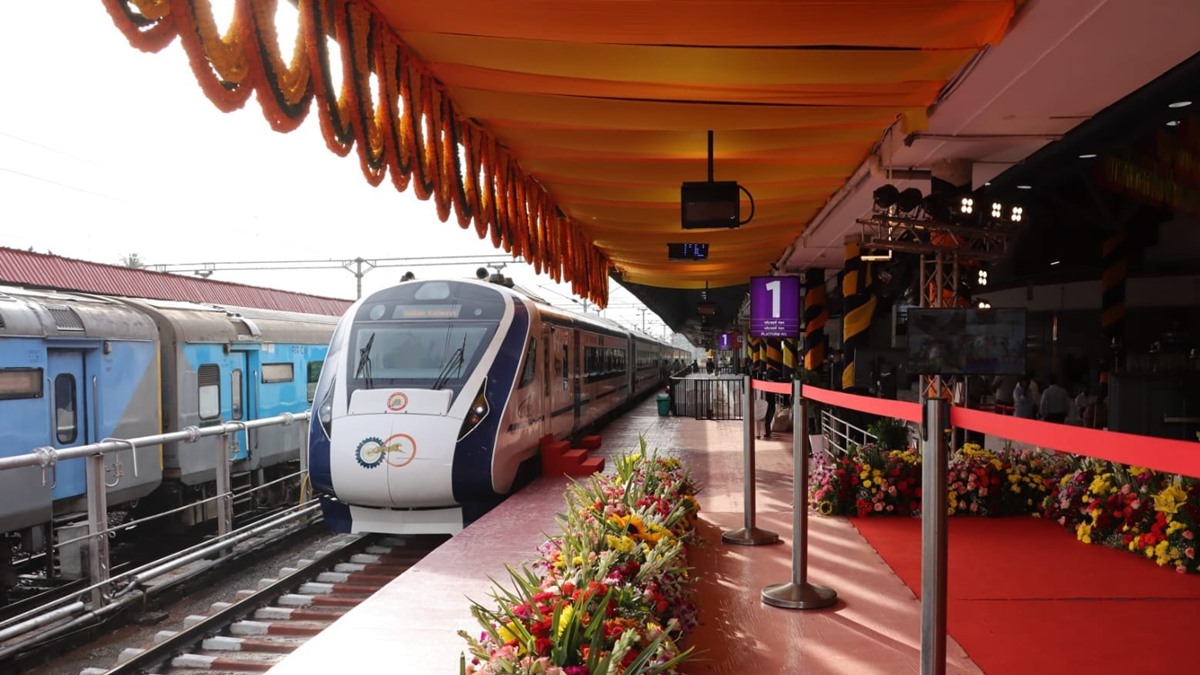Food, shelter scarce in Sri Lanka war refugee exodus
Palameenmadu Camp (Sri Lanka), Mar 15: Hunched over a fire cooking rice amid a sea of tents as a new refugee exodus swells already cramped camps in war-ravaged east Sri Lanka, Krishnagobal Sivamalar fears for her future.
Forced to flee her home in a swathe of jungle and paddy fields to escape artillery shells and air raids as the military seeks to wrest the area from Tamil Tiger rebels, the 25-year-old housewife salvaged only the red checked dress she is standing in.
Her extended family of eight now lives in a small, stiflingly hot tent on a sandy coastal stretch in the eastern district of Batticaloa, where around 40,000 people have fled over the past week, taking the total number of war displaced in recent months to an estimated 120,000-150,000.
''We couldn't stay there because of the artillery and rocket attacks,'' the mother-of-three said in her native Tamil, sporadic artillery rounds booming in the distance. ''All the houses are damaged. We don't want to go back because of the war.'' ''Both sides are the problem, both the LTTE and the army,'' she added, referring to the Liberation Tigers of Tamil Eelam rebels who are fighting to carve out an independent state for minority Tamils in the north and east. ''We were very happy before. Now the war has brought sadness to our lives.'' Behind her, clothes hang to dry on a barbed wire fence and from tent ropes as children play barefoot in the sand and pump water from a well to wash. Sweet-smelling smoke billows from her makeshift stove of burning palm fronds and a tune chimes as an ice-cream vendor arrives at the camp.
A 2002 ceasefire has collapsed and the military has vowed to wipe out the rebels militarily, which analysts say means a war that has killed around 68,000 people since 1983 around 4,000 of those in the past 15 months alone will escalate.
This month's exodus comes on the heels of an influx of thousands of refugees in December and January in the face of another military offensive to capture a Tiger eastern stronghold.
The rebels have warned of a bloodbath across the island if the military pushes on with its plan to completely defeat them within the next 2-3 years.
Government officials and aid workers in Batticaloa, a district of scrub jungle, lagoons and paddy fields whose coastline was ravaged by the 2004 tsunami, are struggling to cope with the influx of displaced.
''It's very difficult to maintain the IDPs (displaced) and look after them,'' said Sinnathamby Baskaran, government Divisional Secretary of Eravur Pattu, an area of Batticaloa district now home to over 40,000 refugees in 17 camps. ''The first problem is providing food. Day to day the IDPs are increasing.'' ''We can manage to accommodate 25,000 people. The problem is now more than 40,000 have come here,'' he added. ''So we are finding water and sanitation problems, toilets are a problem, we have shelter problems.'' The World Food Programme says its food stocks are low and desperately needs help to be able to feed everyone.
''Presently the sheer number (of displaced), 150,000 approximately, is overwhelming the resources available,'' said Sacha Bouter, head of WFP's Batticaloa operations. ''We estimate the gap at the moment is probably somewhere between 30,000-40,000 people in terms of food.'' ''The majority of those are residing with host families, so there is some minimal safety net around them,'' she added. ''This is the first time in the history of this area that this level of displacement has taken place.'' Authorities are trying to resettle civilians displaced from the former rebel stronghold of Vakarai further north to ease pressure.
But it is a slow process and troops are still clearing landmines in the area.
Back in the camps, the refugees are hostage to the same uncertainty that has prompted a recent sell-off on the stock market and raised fears investors could shun the 23 billion dollar economy as tourists are doing.
''I want to go back home. There is no livelihood here,'' said 52-year-old vegetable delivery man Amarasingham Logetharajah, standing in a blue traditional sarong and showing scars on his forearm and shin made by the shrapnel of army shells.
''The fighting is still going on. Whether my future is dark or bright, I don't know.''
Reuters>


 Click it and Unblock the Notifications
Click it and Unblock the Notifications




